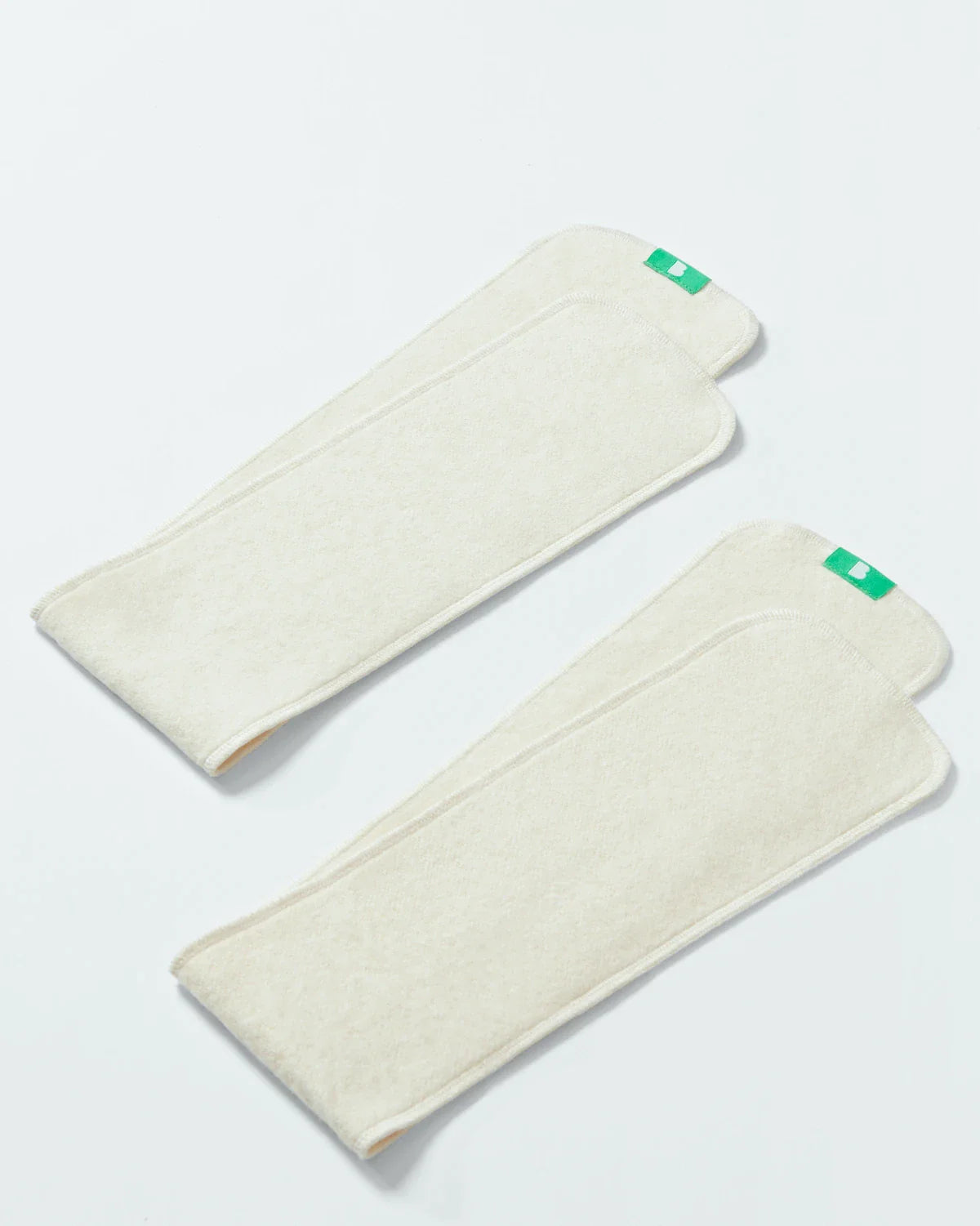Leg cramps | Glossary of Pregnancy & Baby Term
Share Options
- Bambino Mio
- 31 / 07 / 2023
Inside this Article:
What is a leg cramp?
A leg cramp is a sudden contraction (1), or tightening, of the muscles in your lower legs. While they only last for a few moments, they tend to have a sudden onset and can be very painful.
Why do pregnant women get leg cramps?
No one knows for sure why women get more leg cramps when they’re pregnant. Leg cramps are more common in the third trimester, which lasts from week 27 of pregnancy to week 40.
Leg cramps in pregnancy might be related to changes in blood circulation (2) and the extra weight putting stress on your leg muscles.
The growing baby can also put pressure on the nerves and blood vessels which supply your legs. It’s also possible that a change in calcium levels and the way your body processes calcium (3) might cause leg cramps.
Dehydration can also cause leg cramps, so it’s important to drink plenty of fluid throughout the day to help to reduce the risk of leg cramps.
Are leg cramps dangerous?
Although they’re painful, leg cramps aren’t dangerous. However, you should call your doctor or midwife if you experience any of these symptoms:
- Swelling, redness, tenderness or excess warmth in your lower leg
- The pain doesn’t subside after a few minutes
- You’re having difficulty walking or standing
- You think you might have a calcium deficiency
How to deal with leg cramps
- Do gentle calf stretches, with your heels flexed and perform some stretches before you get into bed
- Avoid sudden stretches and don’t pull on your feet or toes as this can cause a calf muscle tear
- When a cramp hits, straighten your leg and wiggle your toes while massaging your calf to release the muscle
- Try not to sit or stand in one position for too long
- Try not to cross your legs as this can impede blood flow to your muscles
- Regular exercise can help to reduce cramps
- Stay well hydrated
- Try a hot water bottle or heat pack if you’re having cramps
Citations and References
- National Health Service (NHS). ‘Health A to Z. Leg Cramps.’ 2020 Web. www.nhs.uk/conditions/leg-cramps
- National Institutes of Health (NIH). National Library of Medicine. ‘Physiological Changes in Pregnancy.’ 2016. Web. www.ncbi.nlm.nih.gov/pmc/articles/PMC4928162
- National Institutes of Health (NIH). National Library of Medicine. ‘Calcium Metabolism in Pregnancy and Lactation.’ 2009. Web. www.ncbi.nlm.nih.gov/pmc/articles/PMC4989775







































